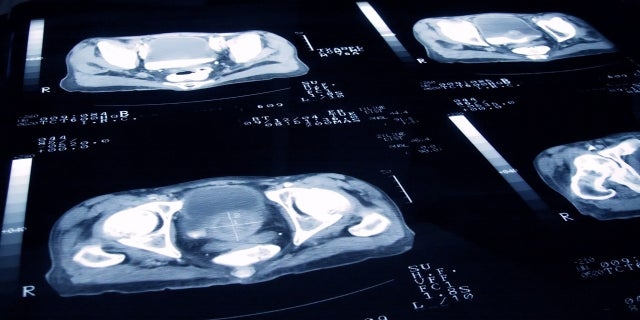
Despite never having visited Ireland and having no close relatives who are natives of the country, a cancer patient in the US developed what experts describe as an “uncontrollable Irish accent” while undergoing treatment. According to specialists from Duke University in North Carolina and the Carolina Urologic Research Center in South Carolina, incidences of foreign accent syndrome (FAS), though still uncommon, are more likely in patients who have had strokes, head trauma, psychiatric illnesses, or both.
Despite a 20-month treatment period and the onset of paralysis gradually, he kept his Irish accent up until his passing
Only two other examples that resembled the “brogue” that developed in the unnamed US patient, a man in his 50s with metastatic hormone-sensitive prostate cancer, could be found after extensive study. Between 2009 and 2011, two more examples involved female cancer patients in their 50s and 60s. “To our knowledge, this is the first case of FAS described in a patient with prostate cancer and the third described in a patient with malignancy,” said the report, published in the British Medical Journal.
The man’s case’s specifics, such as his own country, were kept under wraps. Yet according to researchers, despite a 20-month treatment period and the onset of paralysis gradually, he kept his Irish accent up until his passing. The man had lived in England when he was in his 20s and had Irish friends and more distant relatives, but he had never been to Ireland and had never spoken with an Irish accent.
The immune systems of some cancer patients assault the brain, spinal cord, nerves, or muscles
“He had no neurological examination abnormalities, psychiatric history, or MRI of the brain abnormalities at symptom onset,” the report said. “Despite chemotherapy, his neuroendocrine prostate cancer progressed resulting in multifocal brain metastases and a likely paraneoplastic ascending paralysis leading to his death.”
The immune systems of some cancer patients assault the brain, spinal cord, nerves, or muscles, leading to the development of paraneoplastic neurological disorder (PND), the authors speculate. “His accent was uncontrollable, present in all settings, and gradually became persistent,” the report said.
Some people with FAS eventually restore their natural accent, either naturally or after intense speech therapy, but for some people, the shift is irreversible. The example of Sarah Colwill, a British woman whose original west country accent was replaced by a Chinese lilt roughly seven years after she suffered a stroke, was covered by The Guardian in 2010. Four years earlier, Linda Walker of Newcastle, a British woman who had suffered a stroke, noticed that her distinctive Geordie accent had been replaced by a Jamaican one.
“This unusual presentation highlights the importance of additional literature on FAS and PNDs associated with prostate cancer”
“Not only did I have a stroke, but I got lumbered with this foreign accent syndrome as well,” she said at the time. “I didn’t realize what I sounded like, but then my speech therapist played a tape of me talking. I was just devastated.” The US report said the case of the patient with the Irish accent underscored a need for more research. “This unusual presentation highlights the importance of additional literature on FAS and PNDs associated with prostate cancer to improve understanding of the links between these rare syndromes and clinical trajectory,” the report concluded.
